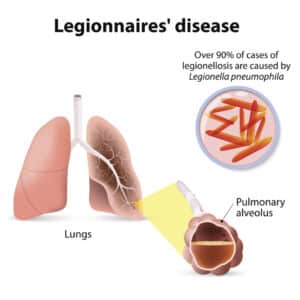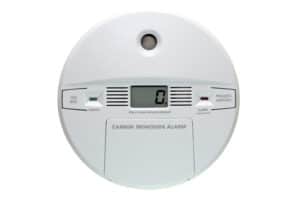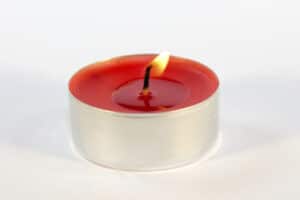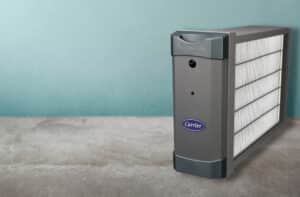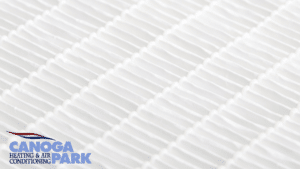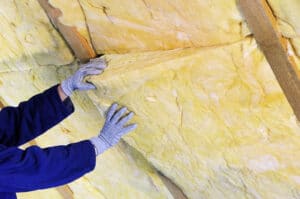
Reasons to Replace Your Attic Insulation
Attic insulation replacement is vital in older homes, as insulation wears with age. Failure to replace it directly impacts energy consumption both in winter and summer months. It could easily result in a cold home in winter, and an uncomfortably hot home in summer. There are some indications that your home needs new attic insulation, such as higher utility bills, among others: A well-insulated home will regulate temperatures year round, reducing monthly energy bills. Worn insulation results in inconsistent room temperatures. The hands-on approach of testing the quality of the insulation will determine if it needs replacing. Wear a glove and touch the insulation, noting its condition. Crumbling insulation is a sure sign that it requires replacing. A previous pest infestation is good enough reason to replace the attic insulation. A leaky roof. If the insulation were not properly dried as a result of a leak in the roof, it could develop mold, which will require replacement. Mold can be extremely dangerous to people and is linked to numerous health risks. DIY or Professional Installation? In a day where DIY projects are all the rage, there are some that are best left to professionals. Professional insulation installers will properly and


